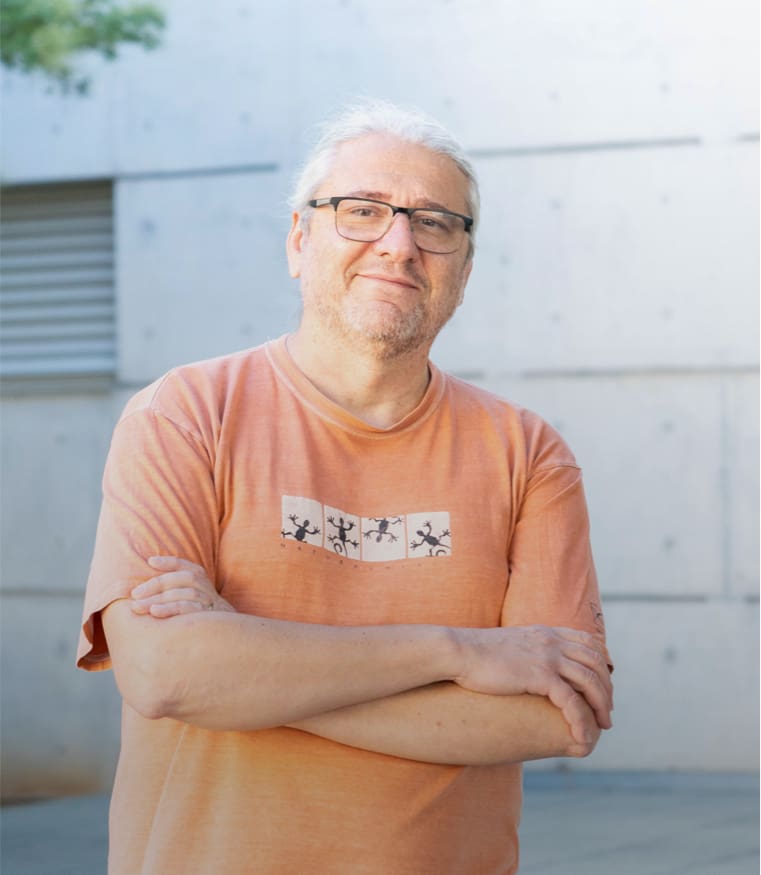Separation of Volatile Organic Compounds in TAMOF-1
Separation of volatile organic compounds is one of the most studied processes in industry. TAMOF-1 is a homochiral metal–organic framework with a crystalline network of interconnected ≈1 nm channels and has high thermal and chemical stability. Thanks to these features, it can resolve racemic mixtures of chiral drugs as a chiral stationary phase in chromatography. Interestingly, the particular shape and size of its channels, along with the presence of metallic centers and functional groups, allow establishing weak but significant interactions with guest molecules. This opens interesting possibilities not only to resolve racemates but also to separate other organic mixtures, such as saturated/unsaturated and/or linear/branched molecules. In search of these applications, we have studied the separation of volatile organic compounds in TAMOF-1. Monte Carlo simulations in the grand-canonical ensemble have been carried out to evaluate the separation of the selected molecules. Our results predict that TAMOF-1 is able to separate xylene isomers, hexane isomers, and benzene–cyclohexane mixtures. Experimental breakthrough analysis in the gas phase and also in the liquid phase confirms these predictions. Beds of TAMOF-1 are able to recognize the substitution in xylenes and the branching in hexanes, yielding excellent separation and reproducibility, thanks to the chemical and mechanical features of this material.

González-Galán, C.; de Fez-Febré, M.; Giancola, S.; González-Cobos, J.; Vidal-Ferran, A.; Galán-Mascarós, J. R.; Balestra, S. R. G.; Calero, S.
ACS Appl. Mater. Interfaces 2022, 14 (27), 30772–30785
DOI:
10.1021/acsami.2c05223

Let's create a brighter future
Join our team to work with renowned researchers, tackle groundbreaking
projects and contribute to meaningful scientific advancements




















